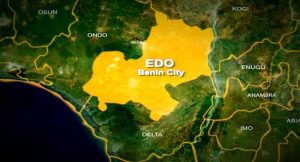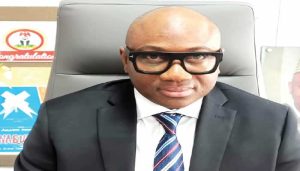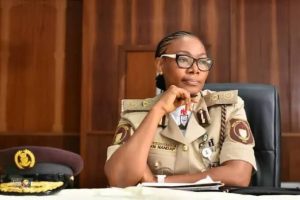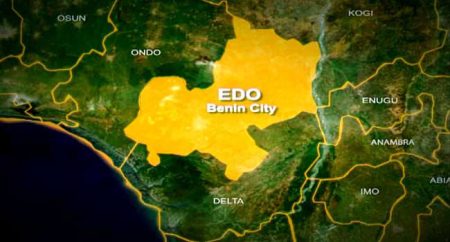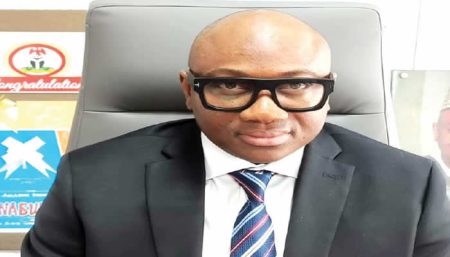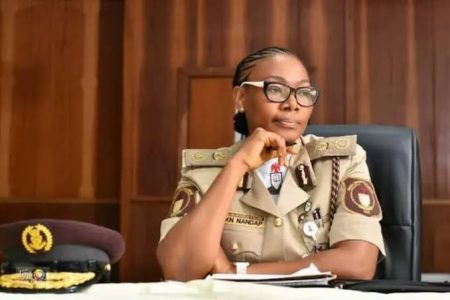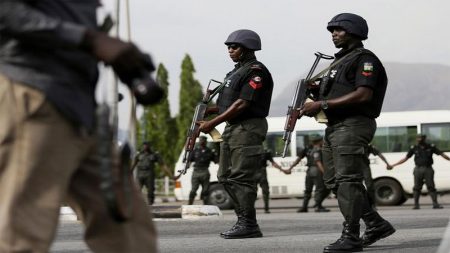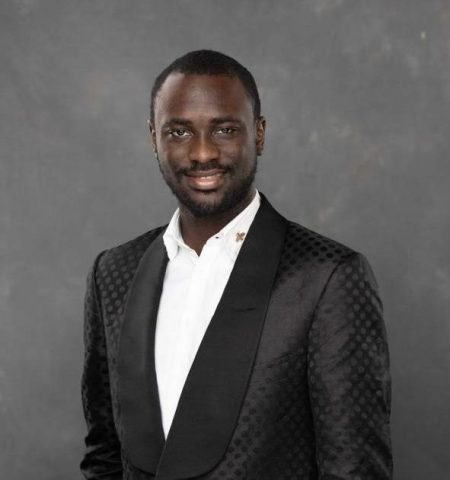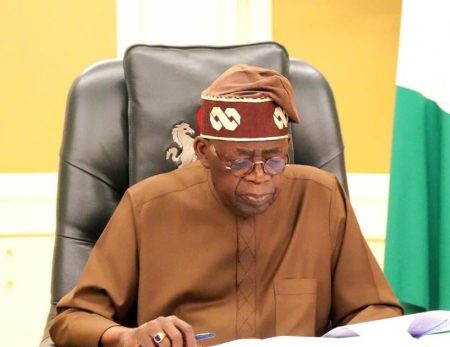The 2027 Nigerian presidential election is already generating political discourse, particularly regarding the appropriateness of former Vice President Atiku Abubakar’s potential candidacy. Two prominent political figures, Diran Odeyemi of the Peoples Democratic Party (PDP) and Anslem Eragbe of the Labour Party, have voiced strong opposition to Atiku’s potential bid, emphasizing the principle of rotational presidency and advocating for a southern candidate in 2027. Their arguments center on the idea that the South should be afforded an eight-year period in power, mirroring the eight years served by former President Muhammadu Buhari, a northerner. This sentiment reflects a growing call for equitable power sharing between the North and South to ensure political stability and inclusivity. While acknowledging Atiku’s right to contest, they stressed the importance of adhering to the informal agreement of rotating the presidency between the two regions.
Both Odeyemi and Eragbe contend that Atiku’s insistence on contesting the 2023 election, despite the prevailing sentiment favoring a southern candidate, was a key factor contributing to the internal crisis within the PDP. They argue that his potential 2027 bid would further exacerbate these tensions and hinder the party’s ability to unify and present a strong front. Odeyemi, in particular, asserted that if Atiku were to publicly renounce his 2027 ambitions, the PDP’s internal strife would largely dissipate. This highlights the significant influence Atiku wields within the party and the divisive nature of his continued pursuit of the presidency. The calls for him to step aside reflect a desire within the party for a fresh start and a focus on rebuilding after the 2023 electoral cycle.
Eragbe further elaborates on the rotational presidency argument by suggesting a more granular approach. He proposes that not only should the presidency remain in the South for the 2027-2031 period, but it should be specifically zoned to the South-South region. He further refines this by advocating for the micro-zoning of the presidency to the former Mid-Western region, encompassing present-day Edo and Delta states. He justifies this by highlighting that the South-South, having only held the presidency for five years under Goodluck Jonathan, has had the shortest tenure compared to other geopolitical zones. This detailed breakdown of presidential tenure across different regions underscores the perceived imbalance in power distribution and the desire for a more equitable representation at the highest office.
Eragbe’s argument for micro-zoning to Edo and Delta states rests on the principle of fairness and providing an opportunity for regions that have been historically marginalized in the presidential landscape. His proposal represents a nuanced approach to power sharing, aiming to address regional disparities within the broader North-South divide. He calculates that by the end of Tinubu’s potential first term in May 2027, the South-West will have held the presidency for 15 years and four months, the South-East for five years and nine months, and the North-Central for 17 years and 11 months. This detailed accounting emphasizes the perceived underrepresentation of the South-South, strengthening his case for prioritizing the region in the 2027 election.
Beyond regional considerations, Eragbe also emphasizes the need for political parties to prioritize competence and credibility over financial resources when selecting candidates for elective offices. He sees the 2027 elections as an opportunity to rectify past mistakes and move towards a more meritocratic system of political representation. This highlights a broader concern about the influence of money in Nigerian politics and the need to create a level playing field for candidates regardless of their economic background. He believes that focusing on qualified individuals, irrespective of their financial standing, would contribute to better governance and more effective representation of the people’s interests.
In essence, the arguments against Atiku’s potential 2027 bid are multifaceted. They encompass the principle of rotational presidency, the need to address internal party divisions, the desire for more granular power sharing within the South, and a broader call for prioritizing merit over money in candidate selection. These perspectives underscore the complex dynamics at play in Nigerian politics and the ongoing debate over how to ensure equitable representation and political stability in a diverse and dynamic nation. The 2027 election will undoubtedly be a crucial test of these principles and will shape the future of power dynamics in Nigeria.


